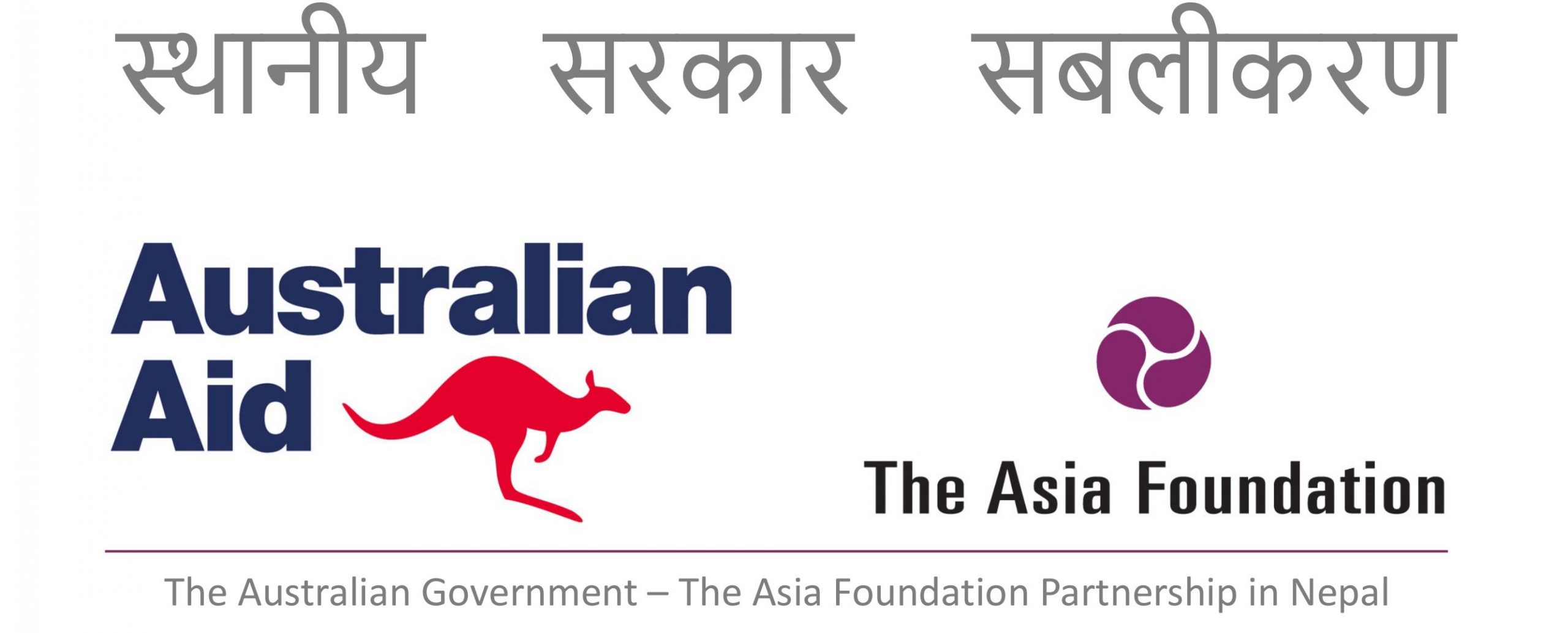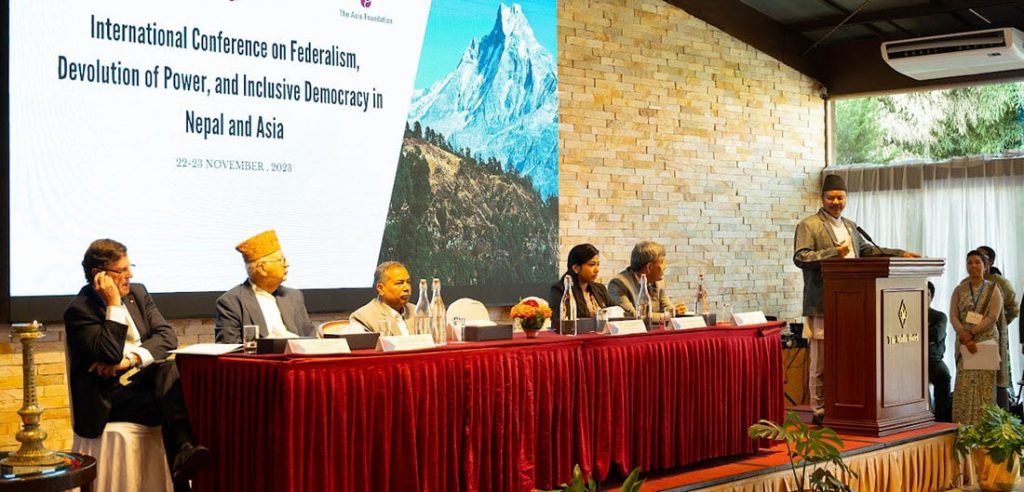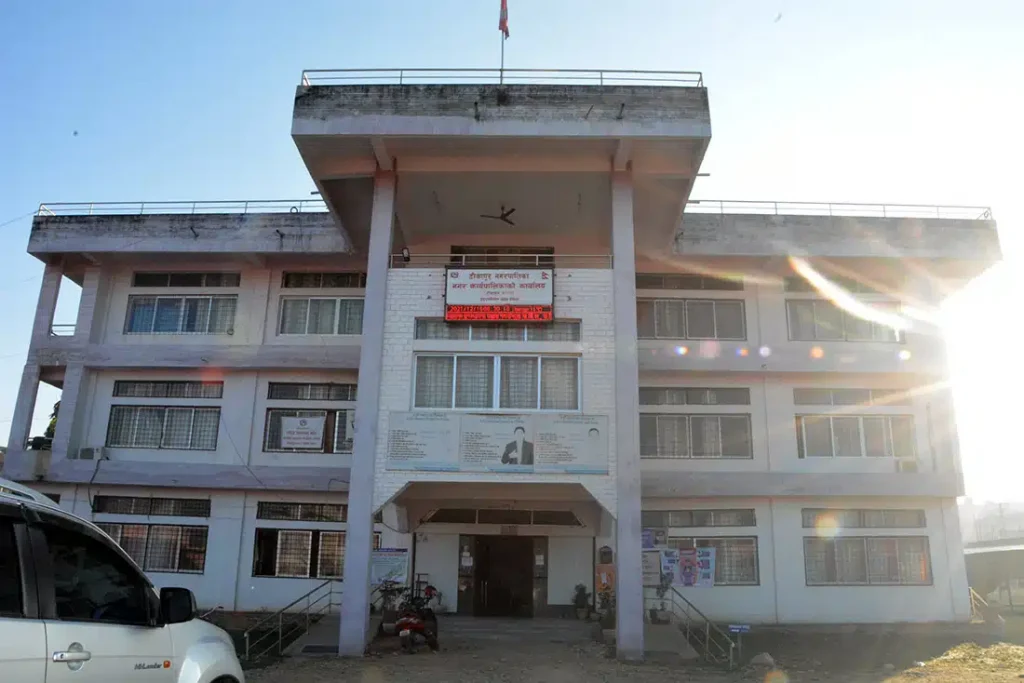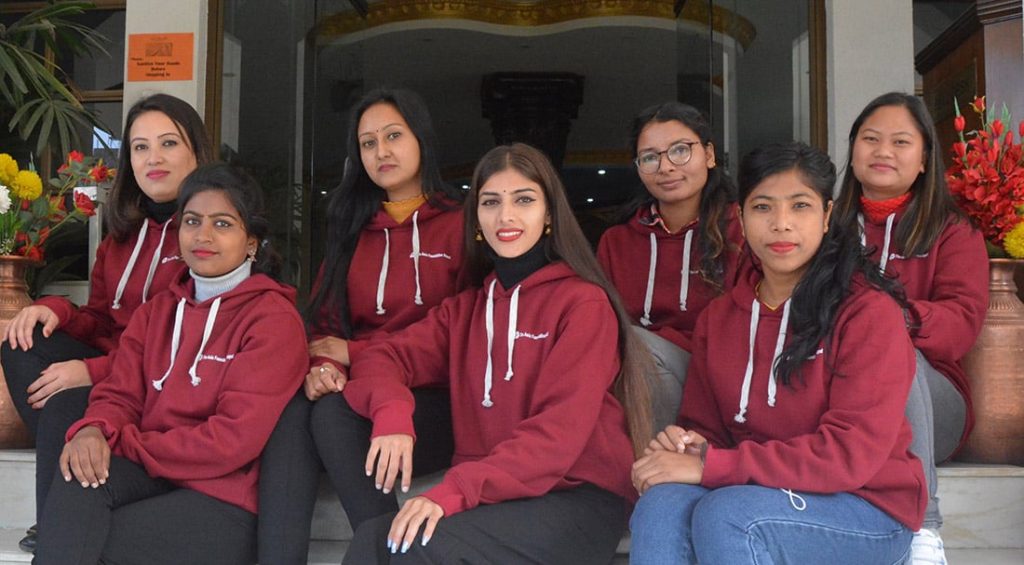Dalit Women Representatives Raise Voice for Social Development
Published on September 16, 2021
The priority of development plans is mainly focused on infrastructure development due to its tangible form of change, whereas social development is often not given much priority.
Things were different at this year’s municipal assemblies of the SNGP partner municipalities; a few Dalit women representatives took various initiatives towards proposing development plans based on the needs of the ward they live in, and also proposed mechanisms to address social discrimination prevalent against Dalits and other marginalized groups. These women are part of The Asia Foundation’s mentorship initiative for Dalit women representatives for the partner municipalities of the program.

Tara Nepali from Bhimeshwar municipality, Sita BK from Waling municipality and Sarita Bhul from Tikapur municipality worked to ensure that this year’s budget allocated for the development of the marginalized community is sufficient to implement the proposed activities. Sita mentioned that due to the initiatives of Dalit women in the municipality, for this fiscal year, Waling has allocated 25 lakhs for the purpose: until last year it was only five lakhs.
These representatives have also succeeded in getting approval of their proposal in various other plans for this fiscal year. Bimala Baudel from Tansen municipality had submitted a concept note to install public toilets in the area, and it has been approved for implementation. Similarly, Yamuna Nepali from Birendranagar municipality worked towards ensuring increment in the budget for the education sector to address the severe impact of the lockdown. Birendranagar had only allotted 1.5 crores, but after she and other municipal assembly members raised the issue at the municipal assembly about the critical situation of the education sector, the budget was revised to 3 crores.
Similarly, Sarita raised the issue of caste-based discrimination towards Dalit not being included as social prejudice and budget not being allocated to combat this in the municipal plan at the municipal assembly meeting. Untouchability was not in this category, and Sarita’s efforts led to its inclusion.
Even during the lockdown, these women representatives kept contributing to the municipal planning and various other activities. A few of them conducted need assessment in their localities through phones, while others engaged in planning meetings via other virtual platforms. Yamuna shared that she collected the proposals for development planning via phone calls and virtual meetings. “I was able to use the learning from the mentorship programs to communicate, engage in discussions and also focus on the development of the community,” she pointed out.
Coordinating and cooperating with other women representatives of their community and sharing the learnings has been instrumental in boosting their confidence. Sarita shared those discussions and consultations with Dalit women representatives of all the wards in Tikapur helped in proposing and including various programs at the municipal assembly.
Their hard work and initiatives have led to a two-way development — the Dalit women representatives are building their agency and representing their community for its development. It is also helping them prepare for the upcoming election as these women are determined to continue their careers in governance and politics.
As per the reservation system adopted by the country, during the local election of 2017, two Dalit women members got elected in every ward through reservation provision. Some of the Dalit women were also elected as the municipal executive under the same facility. Dalit community being one of the most marginalized has faced years of domination, discrimination, and exclusion. Therefore, the quota for the community and especially women have been a positive step towards course correction and addressing this prevalent societal injustice. The presence of Dalit Women Representatives increased the possibility of social inclusion in society and the development of the most marginalized and discriminated community.
The Foundation would be continuing the engagement with the representatives and would also be expanding the mentorship program further.
The video is produced by Australian Government — The Asia Foundation Strategic Partnership on Subnational Governance in Nepal in collaboration with Interface Nepal.



